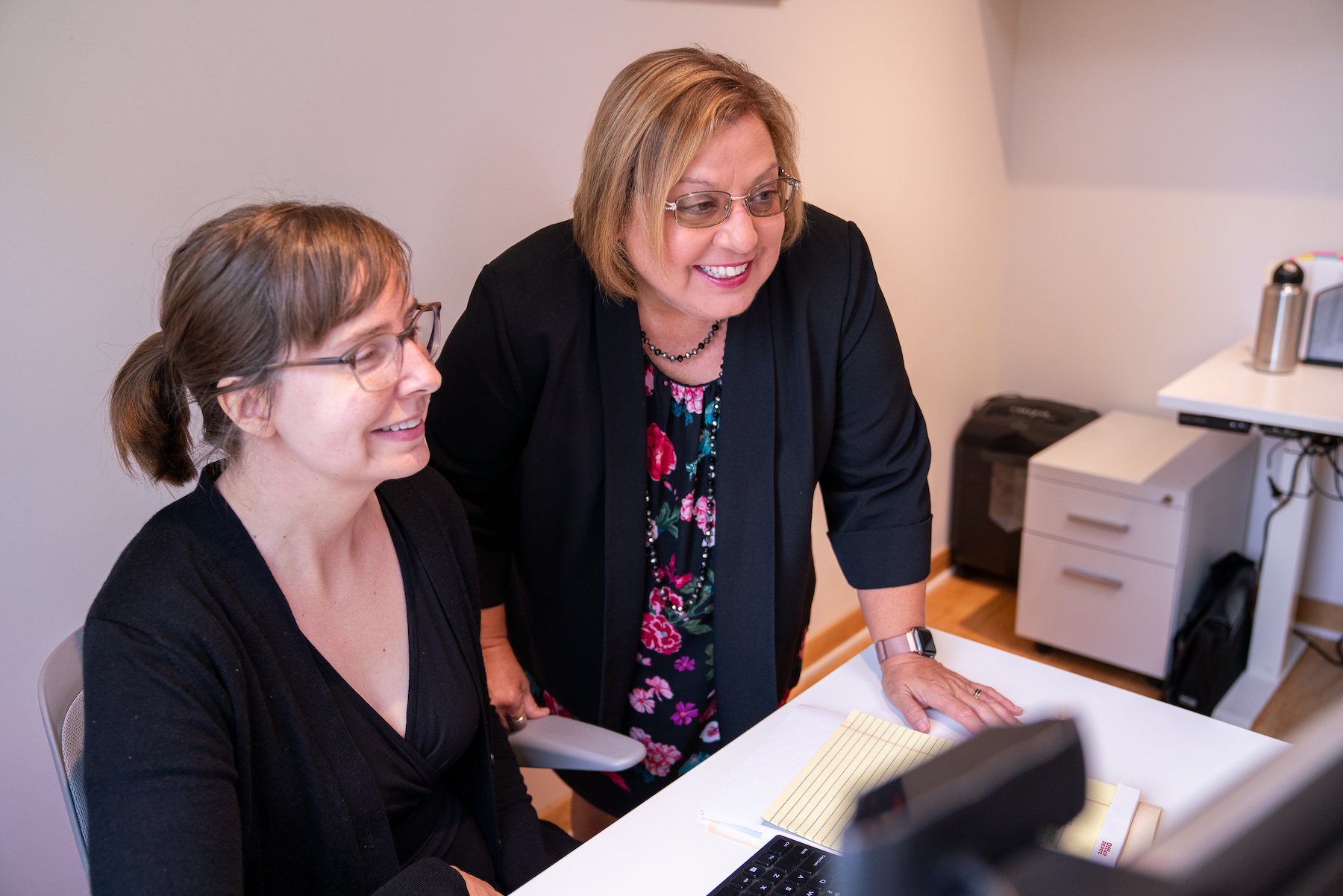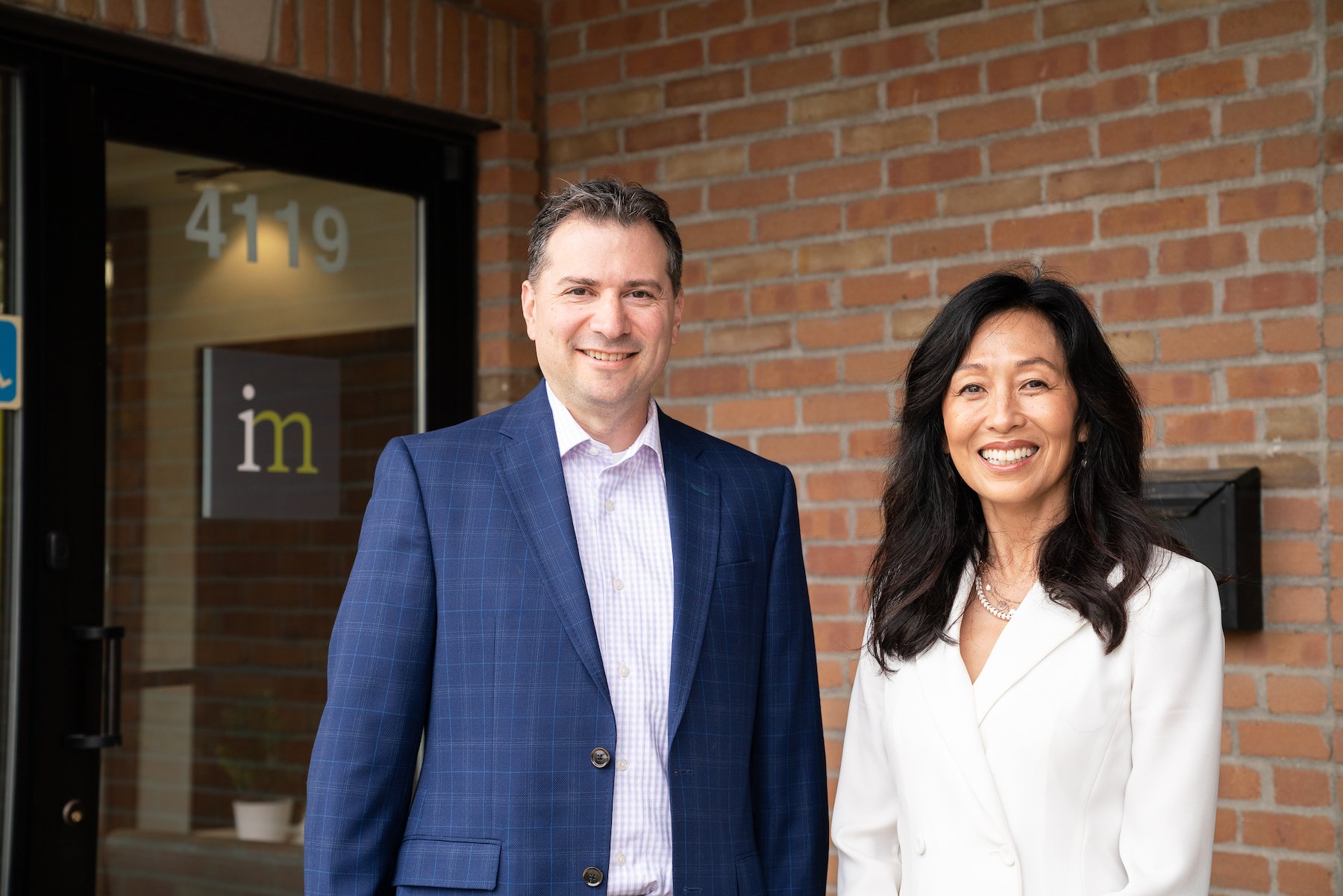
Student and Exchange Visas
The F-1 and J-1 visas allow foreign nationals to participate in academic and exchange programs in the U.S. F-1 and J-1 visa holders can work in the U.S. in limited circumstances. The ImLaw team can assist you in securing an F-1, J-1, or B-1 visa.
Types of Other Temporary Visas
F-1 Student Visa
With an F-1 visa, a foreign student can study in the U.S. The student must be accepted by and enrolled full-time at a U.S. academic institution, and the institution must be approved through the Student Exchange and Visitor Program (SEVP). The student must also be proficient in English or in classes working toward proficiency, able to financially support themselves and their education, and intend on returning home after their studies are complete. On F-1 status, foreign students can work under certain limited circumstances.
Spouses and children under 21 of F-1 visa holders can also come to the U.S. on F-2 visas during the F-1 visa holders program of study. Spouses and children are not allowed to work under any circumstance, however they can enroll in and attend school on a full-time or part-time basis.
J-1 Exchange Visitor Visa
The J-1 exchange visitor visa can be used in certain circumstances to study, train, and work in the U.S. Foreign nationals must apply for and be accepted into a J-1 exchange program. The J-1 can be an extremely useful tool for U.S. employers desiring access to certain interns, trainees, and workers. J-1 exchange programs are run by designated sponsor organizations approved by the U.S. Department of State. U.S. employers can apply to the designated sponsor organizations to become host organizations for J-1 exchange visitors. There are many different J-1 visa categories, and each one has unique requirements, all of which ImLaw can help you navigate. J-2 visas are for dependents of the J-1 visa holder, and J-2 spouses are generally able to apply for employment authorization with USCIS.
J-1 Waivers
Certain J-1 exchange visitors are subject to a two-year home country physical presence requirement, which requires the J-1 visa holder and J-2 dependents to return to their home country for at least two years following the J-1 program. If a J-1 visa holder received home country or U.S. government funding for the J-1 program they are most likely subject to the two-year requirement. In addition, J-1 visa holders may be subject if they are on a skills list. Notably foreign physicians receiving graduate medical training in the U.S. are automatically subject to the two-year home country requirement. ImLaw can help you navigate the complexity of J-1 waivers.
B-1 Business Visitor Visa
The B-1 visa allows foreign nationals to be admitted to the U.S. to engage in legitimate, finite, business activities. During the visit, the B-1 business visitor must remain employed abroad, refrain from engaging in work or productive employment, and prove that they will return to their home country by demonstrating sufficient social and economic ties. Some examples of permissible B-1 visa visitor activities include:
Attending seminars, conventions or business meetings
Negotiating contracts for work that will be performed outside the U.S.
Performing obligations for a foreign employer under an existing service or sales contract
Purchasing goods or raw materials for a foreign employer
Supervising or training others in construction work
Litigating
Conducting independent research not directly connected with sales or service contracts
Setting up an E-2 investment but not actually running the enterprise
A B-1 must be coming to engage in a legitimate business activity that will last no longer than 90 days. Individuals who can accomplish their business activity within 90 days and have no desire to change status to a different visa category while in the U.S. should use the Visa Waiver Program (see below) in lieu of a B-1 visa.
Visa Waiver Program (VWP)
The Visa Waiver Program allows citizens from over 40 countries to travel to the US as a visitor for business or pleasure without obtaining a B-1 or B-2 visa visitor stamp. The current VWP countries can be found here.
Steps to Apply for a F-1, J-1, or B-1 Visa
This is a generalized overview of the application steps for F-1 visas, J-1 visas, B-1 visas, and J-1 visas. Please note that each visa category has unique and detailed requirements. That’s why clients rely on our expertise to guide them through the visa process.
F-1 and J-1 visa applicants apply to and get accepted for a qualifying study or exchange program.
Fill out and submit the DS-160 visa application form, and upload a current passport photo.
Pay the visa application fee.
Schedule a visa interview with the appropriate U.S. embassy or consulate.
Collect, prepare and submit all required documentation for the visa interview.
Attend your visa interview.
Receive notification that your visa has been approved.
Receive passport with your issued visa.
Purchase your airplane ticket to the U.S.
Fly to the U.S. and apply for admission as an F-1 at a U.S. port of entry.
ImLaw Experts on Other Temporary Visas
Our ImLaw attorneys have decades of immigration law experience, which we put to work for each of our clients. See the team here.

FAQs on Other Temporary Visas
-
There are several feasible options for F-1 students not selected in the H-1B lottery. Find more information here on our blog.


